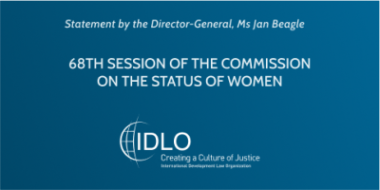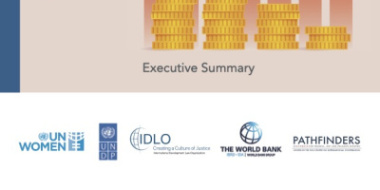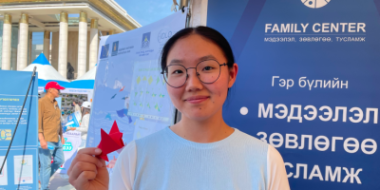Evaluation (Mid-Term) of the project "Supporting Access to Justice (SAJA) in Afghanistan"
As part of IDLO’s continuous commitment to accountability and results-based management, IDLO is pleased to share this Mid-Term Evaluation Brief (summarised evaluation report): “Supporting Access to Justice in Afghanistan (SAJA)”. The evaluation has been conducted by independent evaluation experts, supervised by IDLO’s Evaluation Unit.














